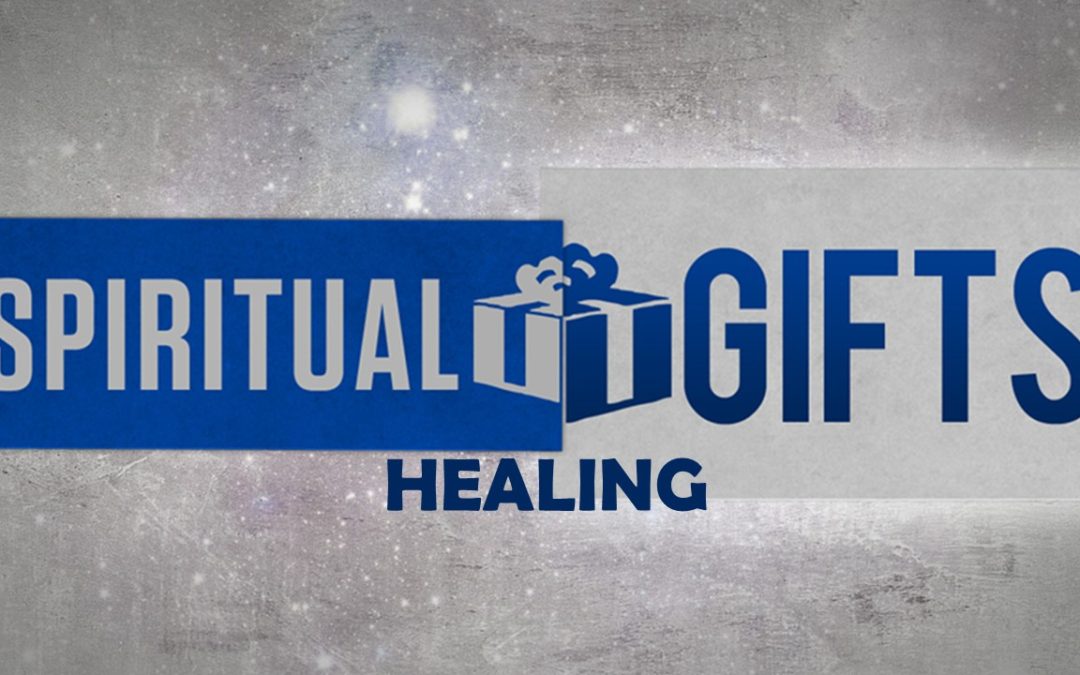By Chad Yoder
The Gift of Healing
“…to another gifts of healing by that one Spirit…” 1 Corinthians 12:9
In the New Testament, the gifts of healing abound. Jesus himself healed 31 individuals and there are at least 20 references to mass healings through the four Gospels. People were cured of all sorts of ailments and these healings led them to follow Jesus.
These gifts of healing were physical restorations. The blind received sight, the dead were raised, and the lame could walk. The gifts of healing, then, are physical healing by supernatural means. God sends His power through the Spirit to heal the person who is prayed for. Physical healing, though, is also given so that those healed (and those who witness the healing) may be saved spiritually. It is given so that some would be healed spiritually and give their lives to Christ. As with the other gifts, healing is meant to lead others to Christ and eternal life.
Healing is an interesting gift. As with the other gifts, it is given by God and not caused by something we have done. However, we often pray for the sick and nothing seems to happen. God, then, chooses when and where this gift will be manifested. Although some people seem to witness these answers of healing more often than others, we all have access to the “gifts of healing.” Notice that it is a plural “gifts,” meaning that healing is a new gift from God.
Although we cannot earn any of the gifts (it wouldn’t be called a “gift” if we earned them,) healing does seem to come more frequently for those who exhibit the gift of faith too. Healing and faith are strongly connected in the Gospels. It is faith that gives power to our prayers and it is God’s power that works through them. In James 5:13-16, James writes that any sick should be brought to the elders of the church and “the prayer offered in faith will make the sick person well.” Faith is crucial for healing to take place. The person praying must have complete faith that God will work.
There are some common characteristics of those who see regular healing miracles. The first is, of course, great faith in God, but not just in God himself: they have great faith that God can heal. They are not deterred when He chooses not to do it in that moment. I will always remember my second year in Uganda when we prayed for a crippled boy. Our friends told us, “when we pray, we believe that God will do it. If He doesn’t do it now, that is fine. We still believe He will do it so we don’t worry.” They had no fear that God wouldn’t answer their prayers; they had faith in God’s power.
People who see these healings also have a deep compassion for the sick and pray for the sick on a regular basis. Their hearts grieve for the spiritual well-being of people too, as they want to heal them both inside and out. To this end, they also have an eagerness for the Lord’s return so that pain and sickness will be defeated forever.
Leading with Healing
The outside world is a skeptical place. Many non-Christians will doubt the healings that God does (and many Christians too!) if they were not there to witness them. I know this first-hand. As I have shared the stories of healings in Uganda with people here in the US, many question the validity of my stories. This will happen to you too. Do not lose heart! Do not doubt the work God has done. You have seen His power at work. Rely on God steadily in your faith.
I also offer a warning to those seeing healings happen. Don’t ever think that the healings are because of something you have done. All you have done is remain faithful to God. People are healed because God has given them healing, not you. Their health is restored because of God, not you. It can be tempting to feel personally powerful and responsible for the healing, but God has done it. Ensure that with every physical healing, you are ministering to their souls too. Tell them of the Christ who has healed them. “By his stripes you are healed!”
Chad Yoder

